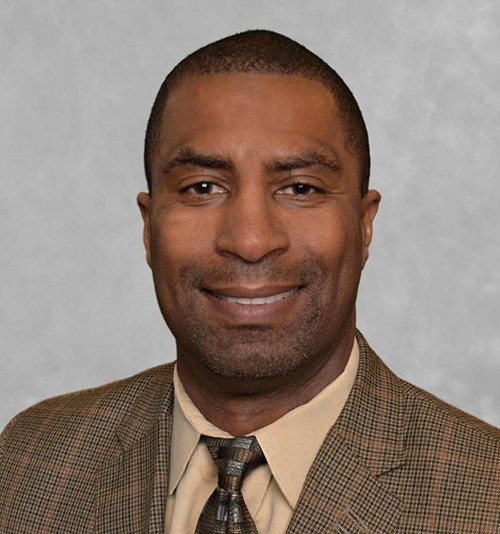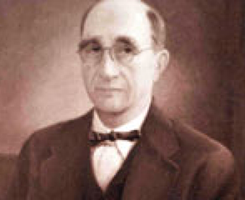About
Established in memory of Charles H. Murphy, Sr. (1870-1954), and inspired by the vision of Charles H. Murphy, Jr. (1920-2002), The Murphy Institute exists to help Tulane faculty and students understand economic, moral, and political problems we all face and think about. More importantly, it exists to help us understand how these problems have come to be so closely interconnected.

Greetings from Executive Director Gary Hoover
Welcome to The Murphy Institute. As the Executive Director, I am pleased to lead a vibrant organization that contributes greatly to the intellectual life of Tulane and, more broadly, to the advancement of the study of political economy in all its dimensions.
Please peruse our website to understand the full dimensions of our programs. And feel free to contact me or anyone else in these pages to learn more about the activities of The Murphy Institute.
Our Mission
The mission of the Institute is to educate students and the interested general public in the understanding and analysis of the most challenging economic, moral, and political problems of our time; to support and advance the finest applied research in public policy, public affairs, civic engagement; and to inspire and inform all of its constituencies through its programs, scholarship, instruction, and events with the objective of advancing human prosperity and well-being.
Our People
The Institute employs program directors and “core” faculty who regularly teach courses designed for political economy majors. Our core faculty are among Tulane’s most respected and productive scholars. They have been recipients of numerous research grants, including fellowships from the American Council of Learned Societies, the Earhart Foundation, the National Humanities Center, and Princeton’s Center for Human Values.
Our team also includes faculty affiliates in Economics, History, Law, Philosophy, Political Science, Public Health and Science and Engineering, Postdoctoral Scholars, and a Visiting Assistant Professor in the Law School.
In addition, each year The Murphy Institute hosts visiting CE Faculty Fellows, faculty on research leave from their home institutions. They spend a year in residence at Tulane, conducting their own research while participating in CE's seminars, lectures, and conferences.
Our Programs & Centers
The programs and centers of The Murphy Institute form an intellectual hub that fosters ethical reflection on social values, an undergraduate education focused on political and economic dynamics, research and outreach on public policy, and top legal scholarship. Together they enrich the scope of analysis, thought, and discussion on campus.
Founding of The Institute
 The Murphy Institute was established in the memory of Charles H. Murphy, Sr. (1870-1954) and inspired by the vision of Charles H. Murphy, Jr. (1920-2002). Operating in South Arkansas and North Louisiana, Mr. Murphy, Sr. launched family businesses in timber, banking, and oil exploration that were brought together in 1950 under the leadership of Charles H. Murphy, Jr. to become the Murphy Oil Corporation, a now worldwide oil and gas exploration and production company based in El Dorado, Arkansas.
The Murphy Institute was established in the memory of Charles H. Murphy, Sr. (1870-1954) and inspired by the vision of Charles H. Murphy, Jr. (1920-2002). Operating in South Arkansas and North Louisiana, Mr. Murphy, Sr. launched family businesses in timber, banking, and oil exploration that were brought together in 1950 under the leadership of Charles H. Murphy, Jr. to become the Murphy Oil Corporation, a now worldwide oil and gas exploration and production company based in El Dorado, Arkansas.
It was Charles H. Murphy, Jr., who served as the Chair and driving force of the Tulane Murphy Foundation until the early 1990s, who envisioned the Murphy Institute as what it has in part become: an international force in reviving and replenishing “political economy” as Adam Smith first understood it: not just study of interconnections between politics and economics, but a rich interdisciplinary field in which economists, historians, moral philosophers, and political scientists make contributions of shared and equal interest.
The Murphy Institute is supported by the endowment of the Tulane Murphy Foundation. Original donors to the Foundation included Bertie W. Murphy, the widow of Charles H. Murphy, Sr., and their children and spouses: Johnie W. and Charles H. Murphy, Jr.; Bertie M. and John W. Deming; Caroline M. and Rt. Rev. Christoph Keller; and Theodosia M. and William C. Nolan.
